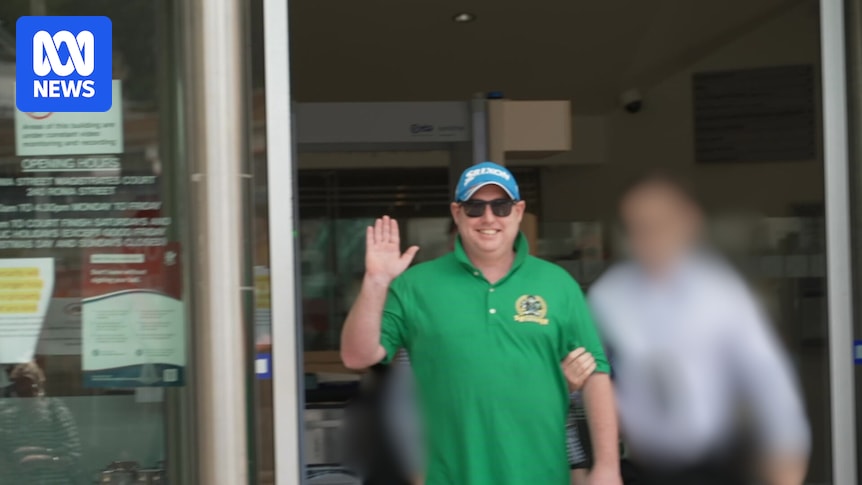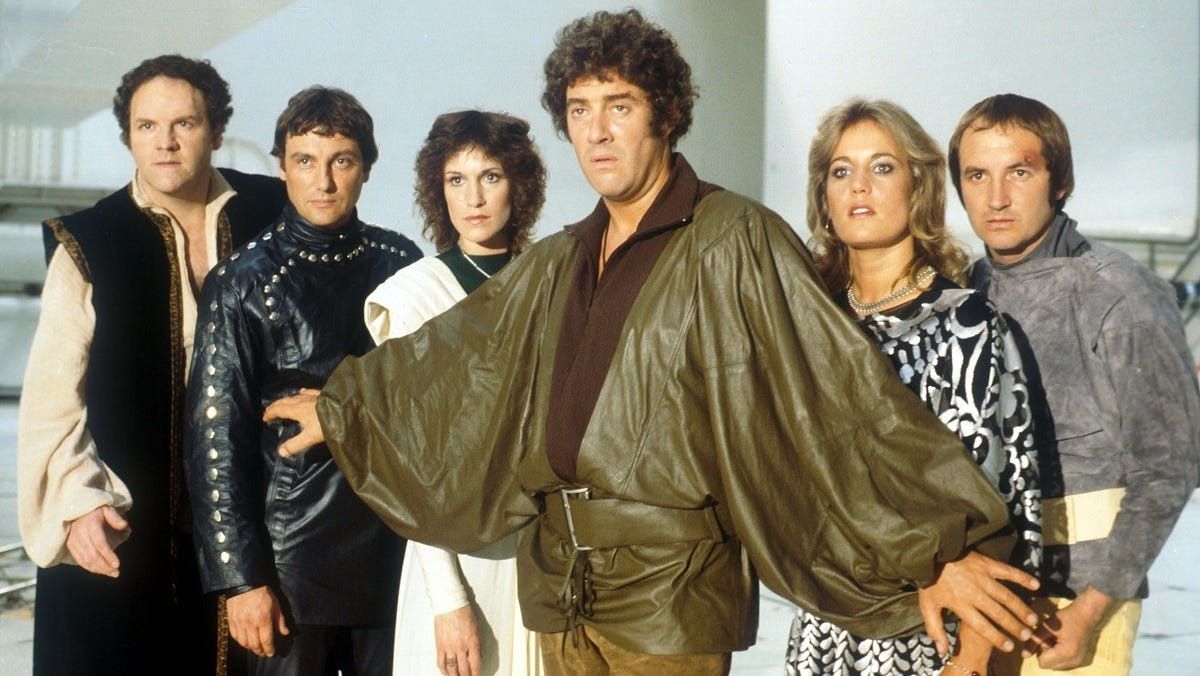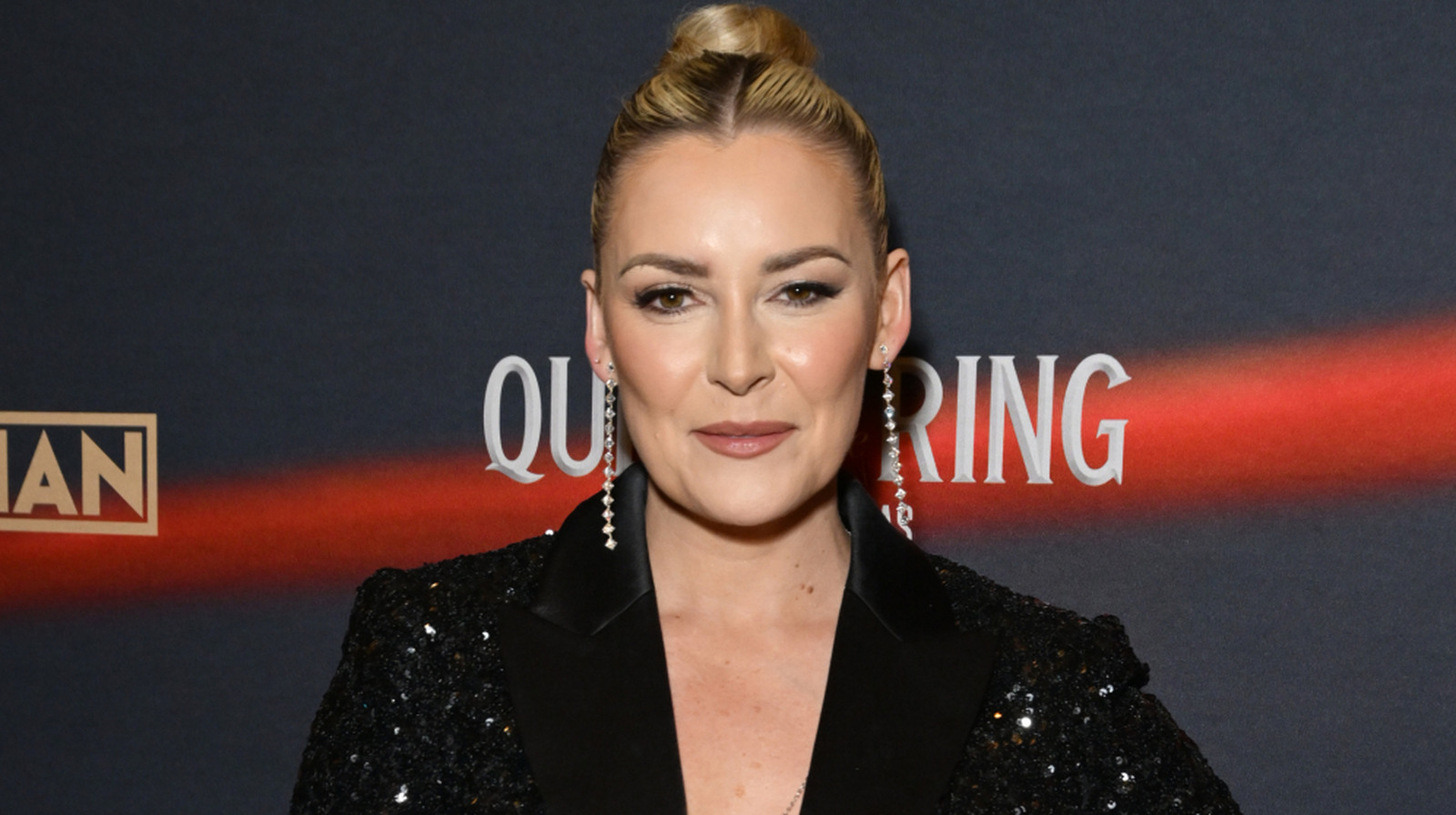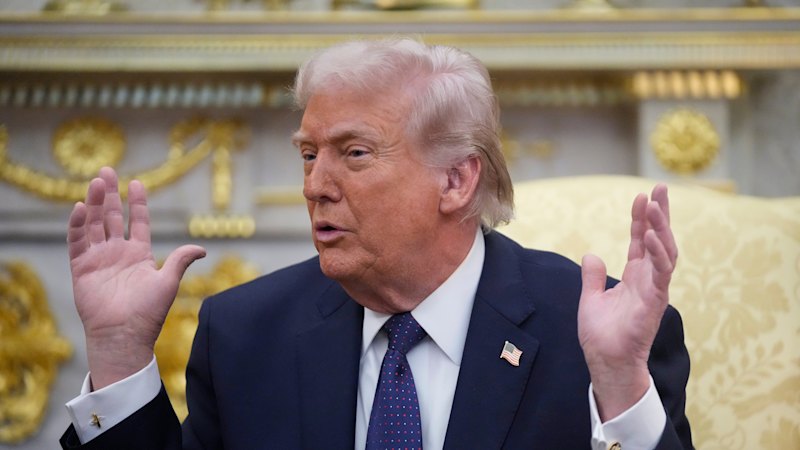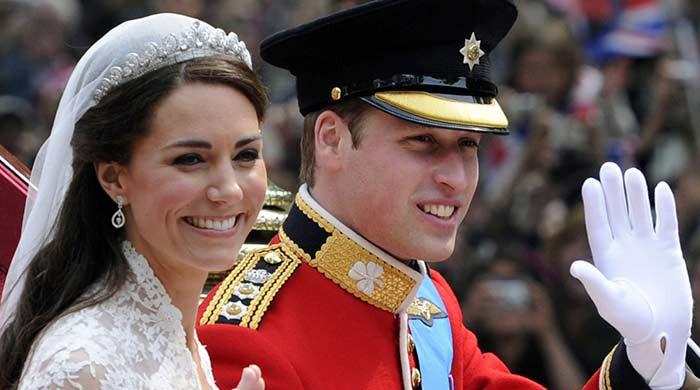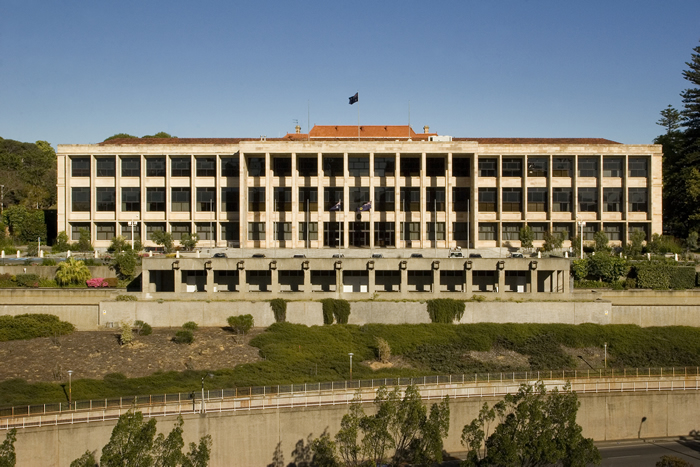
In a significant boost to cancer research, the Cook Government has announced the awarding of nearly $1 million across four Western Australian Cancer Fellowships. This funding is set to support clinician-led research aimed at enhancing cancer prevention, detection, and care throughout the state.
The fellowships, which will commence in 2026, have been awarded to four distinguished Western Australian medical practitioners. These initiatives are designed to drive innovation and build research capabilities, aligning with the priorities outlined in the WA Cancer Plan 2020-2025 and the Australian Cancer Plan. The projects will target upper gastrointestinal, breast, blood, and colorectal cancers.
Fellowship Recipients and Their Research Focus
The recipients of the 2026 WA Cancer Fellowships were selected from a highly competitive pool of applicants. Their research projects promise to address critical challenges in cancer care and are as follows:
- Dr Claudia Leslie, Fiona Stanley Hospital: Focused on studying patterns of care for upper gastrointestinal cancers, Dr. Leslie aims to identify treatment gaps and improve coordination across Western Australia.
- Dr Li-Lin Neo, Fiona Stanley Hospital: Dr. Neo is exploring the role of breast tissue density in causing DNA damage and investigating whether existing medications could prevent breast cancer.
- Dr Thomas Quartermaine, Royal Perth Hospital: Utilizing a WA-developed test, Dr. Quartermaine seeks to detect leukaemia earlier in at-risk patients, facilitating earlier diagnosis and treatment.
- Dr Shankari Wijayakhanthan, Fiona Stanley Hospital: Dr. Wijayakhanthan’s research will investigate colorectal cancer disparities among Aboriginal Australians to develop culturally appropriate screening, diagnosis, and treatment strategies.
Government Commitment to Health Innovation
The announcement of these fellowships underscores the Cook Labor Government’s commitment to investing in the health workforce and fostering research that directly benefits patient care. Health Minister Meredith Hammat emphasized the importance of these fellowships:
“These fellowships empower our frontline clinicians to lead world-class research that translates directly into better care for Western Australians. Each of these projects tackles a critical challenge in cancer prevention, detection, or equity, and together they highlight the strength and innovation within WA’s health and research community.”
By investing in clinician-led research, the government aims to support discoveries that can improve patient outcomes and strengthen the future of cancer care in the state.
Context and Implications
This development follows a growing recognition of the need for targeted cancer research, particularly in areas that have been underfunded or overlooked. The focus on specific cancer types such as upper gastrointestinal and colorectal cancers, as well as the emphasis on addressing disparities in Aboriginal health, reflects a broader commitment to equity in healthcare.
Historically, cancer research has been concentrated in larger population centers, often leaving regional areas with fewer resources. The WA Cancer Fellowships aim to bridge this gap by enabling local clinicians to conduct research that is directly applicable to their communities.
Looking Ahead
As these fellowship projects commence in 2026, they are expected to yield insights that could lead to significant advancements in cancer care. The outcomes of these studies will not only benefit Western Australians but could also inform nationwide strategies for cancer prevention and treatment.
Meanwhile, the Cook Government’s investment in these fellowships serves as a model for other regions, highlighting the importance of supporting clinician-led research to address pressing health challenges. As the projects unfold, they will likely contribute to a stronger, more innovative healthcare system in Western Australia.
